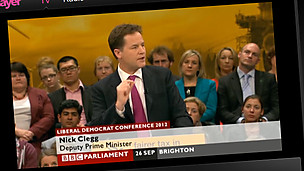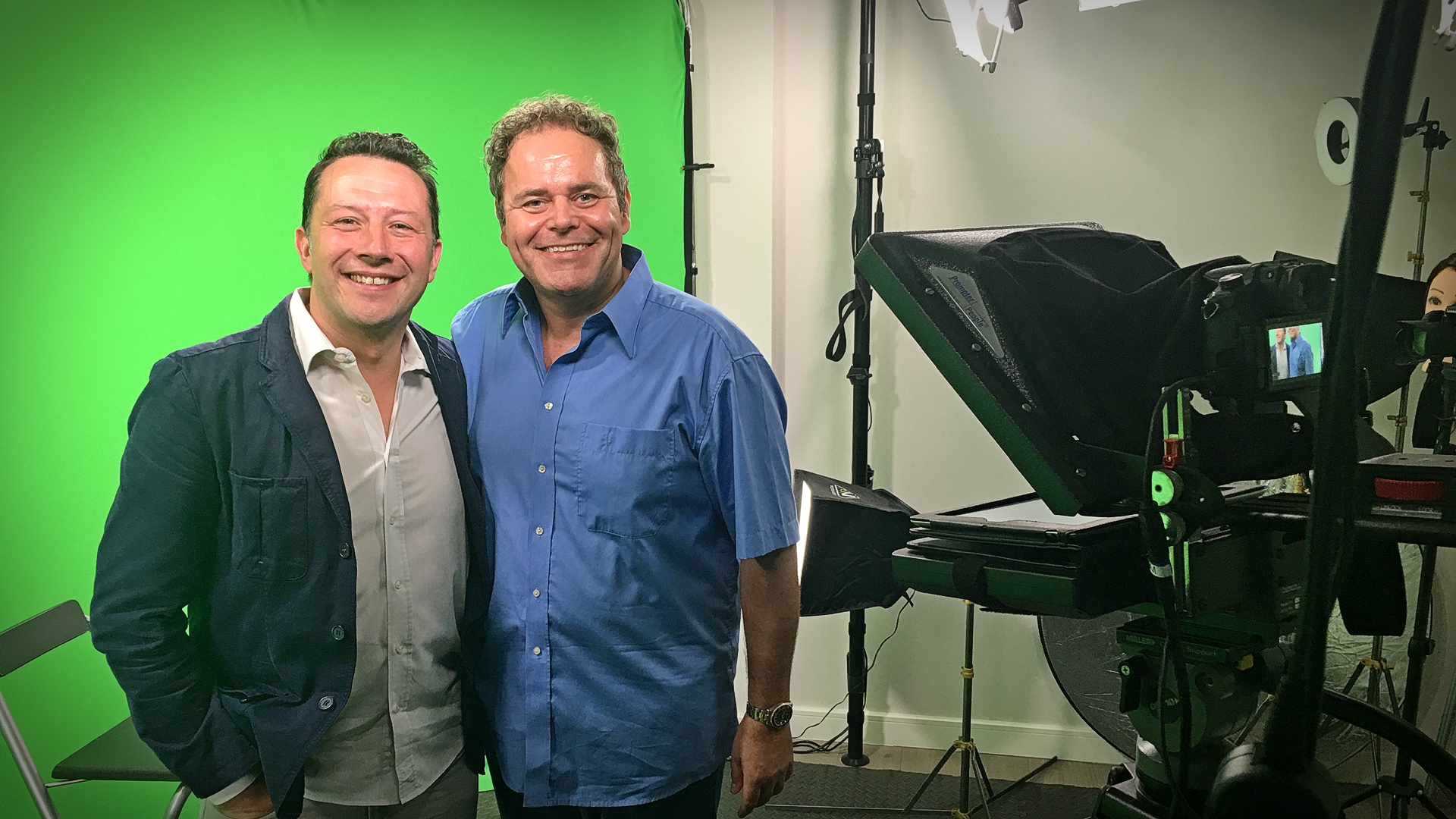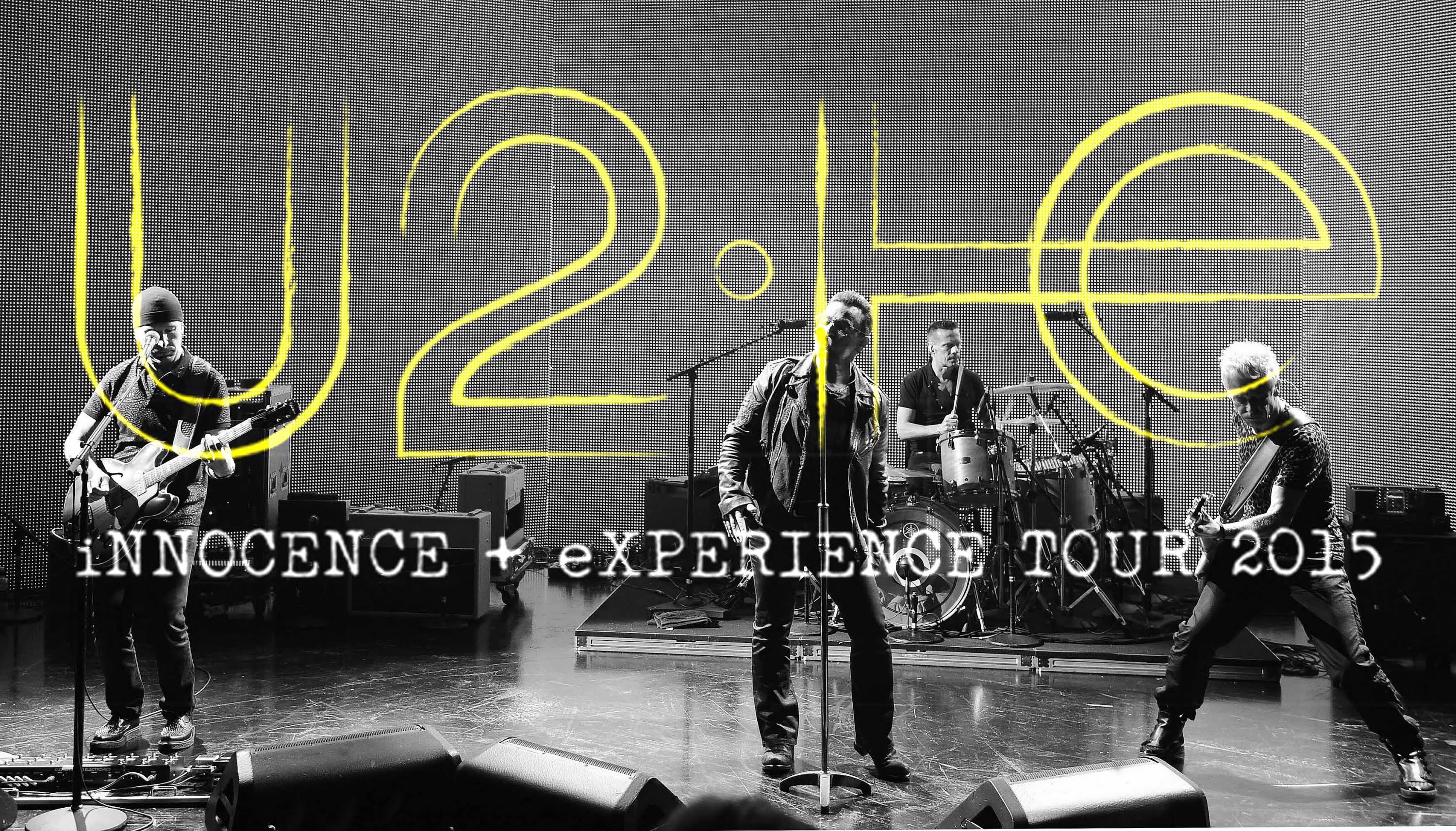The BBC College of Journalism turned to Glenn Kinsey for advice on how Deputy Prime Minsister, Nick Clegg can improve his media interviews.
In today's article for the college, reproduced below, Glenn critiques Clegg's interview on BBC's Today programme.
It’s the way you tell ’em: Nick Clegg’s Today interview
Friday 28 September 2012
Glenn Kinsey for BBC College of JournalismGlenn Kinsey
is a media interview, presentation skills and presenter coach and chief executive of the Pozitiv Group
W ith the polling organisation YouGov saying only 12% of people think Nick Clegg is honest, what can he do to improve this perception via his media interviews?
There are clues in Sarah Montague’s robust interview with the Deputy Prime Minister on Radio 4’s Today programme. If we look at the content of what he said, on the face of it he delivered a strong defence of everything from his now infamous apology over tuition fees to the party’s push for a wealth tax. But were listeners left feeling he was more honest as a result? I’m not so sure.
First of all, compared to a television interview, the radio is a surprisingly different beast. Not being able to see the expression on the interviewee’s face can massively affect how they’re perceived by the audience, leaving the voice alone to deliver the goods.
In a famous study, Professor Albert Mehrabian concluded that, when it comes to feelings and attitudes, we’re typically influenced 7% by the words (what’s said), 38% by the voice (how it’s said) and 55% by the facial expression accompanying the delivery.
If true, this suggests more than half the information we normally rely on to judge someone’s integrity is lost on the radio, leaving us to focus firstly on the tone of voice and secondly on the content.
But traditional ‘media training’ tends to concentrate mainly on what you say rather than how you say it. If you don’t put a foot wrong, say all the right things and squeeze in your key sound bites, you leave the interview with a pat on the back from your PR or spin doctor, happy that the job’s been done with all the boxes ticked.
If only it were so simple.
Today’s sophisticated audiences have finely tuned bullshit detectors. Content alone doesn’t increase voter confidence. Feelings and emotions do. It’s about the message, and not the script.
Try it yourself. Listen to any interview. At the end of it you wouldn’t be able to tell me the ‘script’, but you would be able to tell me what happened. And what happened - a summary of the ‘message’ or story - is generally heavily influenced by the way something’s said rather than what’s actually been said. In other words, overall, do I like and trust this person more or less as a result of this conversation?
On this outing at least, Nick Clegg is hampered by long-winded answers rather than simplicity, increasing his speed when pushed by an interrupting interviewer rather than taking his time, and using the classic ‘clear-it is’ that seems to be the nervous tick of the modern politician. He variously said in this interview, “Absolutely clear on this”, “Really crystal clear on this”, “Let me be clear”, “Absolutely clear in my own mind”, “Let’s be clear” and “Let me be very clear” - indicating that the answer is generally anything but.
Clegg made some great points - for instance, in an attempt to set himself apart from other politicians, contrasting his tuition fee apology with the suggestion that Ed Balls never saw the need to apologise “for pushing the economy to the edge of bankruptcy”, or Ed Miliband “for the illegal invasion of Iraq”. But, by rushing these points through rather than taking the time to hammer them home, this pertinent message at least ran the risk of being a little lost amongst everything else.
There’s nothing wrong with talking quickly. The problem is that, particularly on the radio, if you rush to get your points across without any variation in the speed of delivery, the lack of light and shade reduces gravitas, reinforces perceived panic and starts to sound a bit like ‘white noise’ - resulting in the listener mentally switching off to the points being made.
In addition, interviewers naturally tend to match their interviewees, in both tone of voice and speed - just like we do in real life. If you’re with a fast talker or slow talker, the least dominant of the two of you will start to match the speed of the other. We can’t help it.
With Sarah Montague and Nick Clegg, it’s apparent that instead of one taking the ‘lead’ in an attempt to slow the other down they both ended up chasing each other, leading to rapid speed and interruptions on both sides at numerous points during the interview. With a media interview, when this happens the interviewer generally comes out on top because the interviewee is perceived to be more stressed as a result, and less in control.
Don’t get me wrong, Clegg did a good job. But to truly connect with his audience he needs to mirror the way he delivers when confident and relaxed - in other words, be himself. In this interview, the difference in the varying pace and tone evident when he’s being genuinely self-effacing and at his most comfortable starts to show the real man rather than the politician.
And, no matter what your political persuasion, while you might not agree with their policies you’ll always be seduced by a politician who you sense is being authentic, real and truly believes in their cause.
Glenn Kinsey is chief executive of the Pozitiv Group.
Link to article: BBC College of Journalism - It's the way you tell 'em: Nick Clegg's Today interview - Glenn Kinsey








